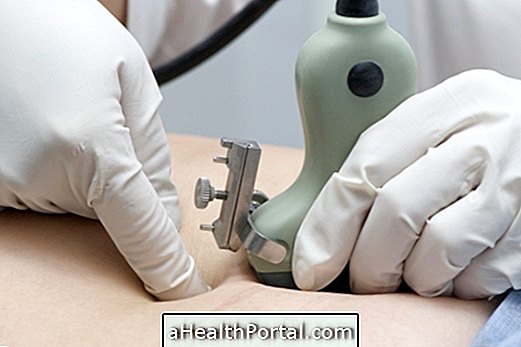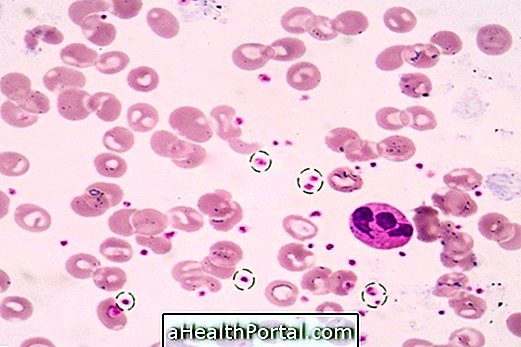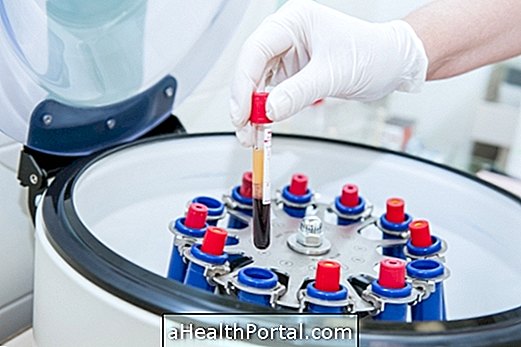Creatinine is a substance in the blood that is produced by the muscles and eliminated in the kidneys. Thus, by analyzing creatinine levels it is possible to identify if there is a problem in the kidneys, especially when it is increased in the blood, since it can mean that the kidneys are not being able to eliminate creatinine and, therefore, it is being accumulated in the blood.
Normal blood creatinine values may vary by laboratory but usually are:
- In women, 0.5 to 1.1 mg / dL
- In men, between 0.6 and 1.2 mg / dL
As creatinine is a substance that is produced in the body according to the level of muscle mass, it is normal for men to have higher levels of creatinine in the blood because they generally have more developed muscles than women.

What can cause high creatinine
When blood creatinine values are above normal they can indicate injury to the blood vessels of the kidneys, a kidney infection, or a reduction in blood flow to the kidneys, for example. Some symptoms that may also occur in cases of high creatinine include:
- Excessive tiredness;
- Swelling of the legs or arms;
- Feeling of shortness of breath;
- Frequent confusion;
- Nausea and vomiting.
However, athletes and bodybuilders may also have high creatinine due to high muscle activity and not due to injury to the kidney.
When kidney problems are suspected, the doctor may also order the creatinine clearance test, which compares the amount of creatinine in the blood and urine. That way, if the problem is in the kidneys, the amount of creatinine in the blood should be higher than the amount in the urine, since the kidneys are not eliminating the substance. Learn more about the creatinine clearance test.
What can cause low creatinine
Low blood creatinine levels are not a cause for concern and are more common in pregnant women and patients with liver disease, as the liver is also responsible for the production of creatinine.
However, in some people it may also indicate diseases in the muscles, such as muscular dystrophy, for example, which causes other symptoms such as weakness, muscle pain or difficulty moving the arms or legs.

How to take the creatinine test
The creatinine test is usually done through a blood test to assess the amount of the substance in the body, however, the doctor may also ask for a urinalysis. Depending on the type of examination, there are different care:
Blood creatinine test
In most cases, the only care you need to do is to tell your doctor about medicines you are using, as you may need to stop taking some medicines before the test, especially cimetidine, aspirin, ibuprofen, or cephalosporins.
Urine creatinine test
This test is done for 24 hours, during which time all the urine that has been eliminated within the vial offered by the laboratory must be stored.
To take the test, your doctor may recommend stopping some foods or even avoiding certain medications, depending on each case.

























